Qualified Teams for the 2018 SPL Team Competition in Montreal:
Aztlan, Bembelbots, Berlin United – NaoTH, B-Human, Camellia Dragons, Dutch Nao Team, HULKs, MiPal, Nao Devils Dortmund, Nao-Team HTWK, Naova, NomadZ, NTU RoboPAL, Rinobot, SPQR, TJArk, UChile Robotics Team, UnBeatables, rUNSWift, UPennalizers, UT Austin Villa
Qualified Teams for the 2018 SPL Mixed Teams Competition in Montreal:
AstroNAOtas (Rinobot, UnBeatables), B-Swift (B-Human, rUNSWift), Team-Team (Bembelbots, Nao-Team HTWK), DoBerMan (Berlin United – NaoTH, Nao Devils Dortmund)
International SPL 2018 Competitors
Note: The following listing is a work in progress, and should not be considered to be an extensive list of all qualified 2018 SPL teams. Team information is being posted as it is received from teams.
|
|
|
|
|
|
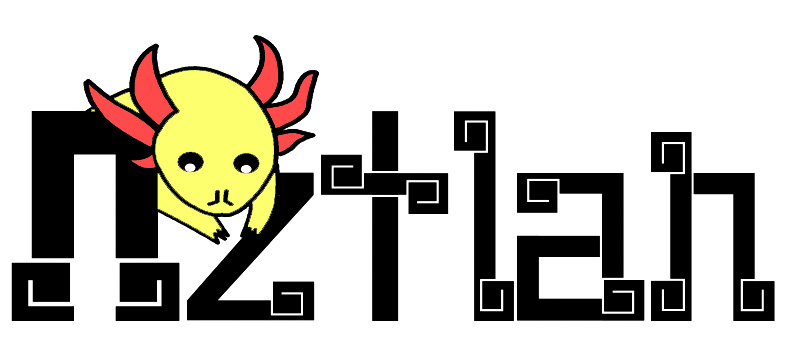 Aztlan |
Team Contact: Institutes: |
| Team Profile: | The Aztlan SPL team is a collaborative effort of the following Mexican institutions: UTM, ITAM, CIMAT, DEMAT-UG, CIC-IPN, UP, and INAOE. |
| Research Topics: | Motion Planing, Computer Vision, Localization, Gröbner basis. |
| Team Report: | Not Available |
|
|
|
 Bembelbots |
Team Contact: Institutes: |
| Team Profile: | The RoboCup team Bembelbots was founded in 2009 at the Goethe University Frankfurt (Main), Germany as a group fully organized by students. As there is no robotics group at the university, the team should help students to increase their experience in robotics, as well as programming skills in addition to the theoretical orientation of the computer science degree program of the university. The team does not have any constant financial resources, so a lot of resources are used to afford robot upgrades and additional hardware. |
| Research Topics: | Machine Learning, Localization, Behavior Modeling |
| Team Report: | 2016 Team Report |
|
|
|
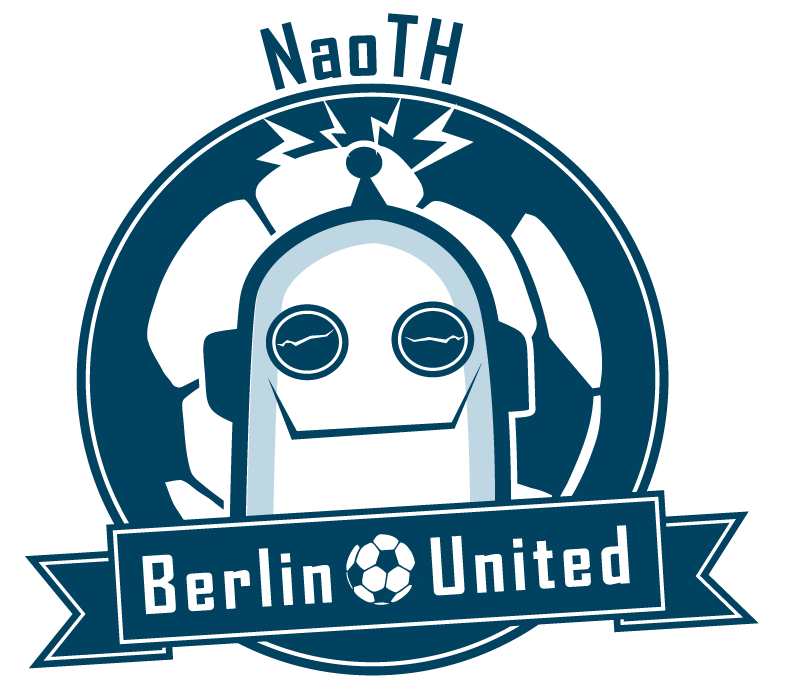 Berlin United – Nao Team Humboldt (BU-NaoTH) |
Team Contact: Institutes: |
| Team Profile: | Nao Team Humboldt (NaoTH) is part of the Adaptive Systems group at the Humboldt-Universität zu Berlin and a member of the joint research group”Berlin United”, together with the RoboCup team FUmanoids (KidSize League) from the Freie Universität Berlin. Established at the end of 2007, NaoTH is the successor of the Aibo Team Humboldt (part of the former German Team). The team mainly consists of graduate and undergraduate students and is closely involved with the teaching and mentorship. Our recent successes include achieving 3rd place in the outdoor competitions and quarterfinals at the RoboCup world championship in Leipzig, Germany, and reaching the finals at the European Open in Eindhoven. Our codebase is original and progressively developed over the years. It is based on a modular architecture that enables our research. Our research interests span a wide spectrum ranging from software architecture for autonomous robots, basic motion control, vision, perception, and modeling to high level planning.Two of our most recent projects have been simulation based decision making, and an infrastructure for gathering and evaluation of the data from the RoboCup games. The latter project aims to foster data driven research within RoboCup and is supported by a 2017 RCF League Development grant. |
| Research Topics: | Simulation Based Decision Making, Situation Modelling (self localization, local object modelling, semantic mapping), Attention Control, Dynamic Motion Control (walk, ball handling) |
| Team Report: | Team Report 2016 |
|
|
|
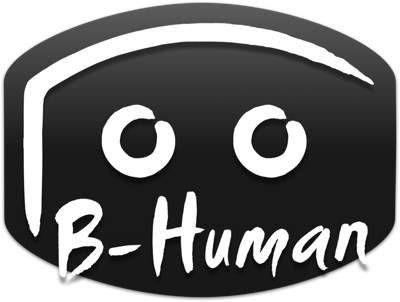 B-Human |
Team Contact: Institutes: |
| Team Profile: | B-Human consists of students from the University of Bremen in their advanced study period and researchers from the DFKI Bremen. In the past, members of the B-Human team participated in different RoboCup leagues. Since 2009, B-Human won every RoboCup German Open, the only European Open as well as the RoboCup World Championships 2009, 2010, 2011, 2013, 2016, and 2017. We also won the RoboCup Technical Challenges in 2009, 2013, 2014, 2015, and 2017 and the Drop-in Player competitions at the RoboCup German Open 2014 and 2015 and at the RoboCup 2014 and 2016. In addition, B-Human team members earned the Best Paper Award at the RoboCup Symposiums 2010 and 2013. In 2018, we intend to participate again in the RoboCup German Open and in the RoboCup World Championship. |
| Research Topics: | Probabilistic state estimation, real-time computer vision, robot simulation, humanoid walking |
| Team Report: | 2017 Team Report and Code Release |
|
|
|
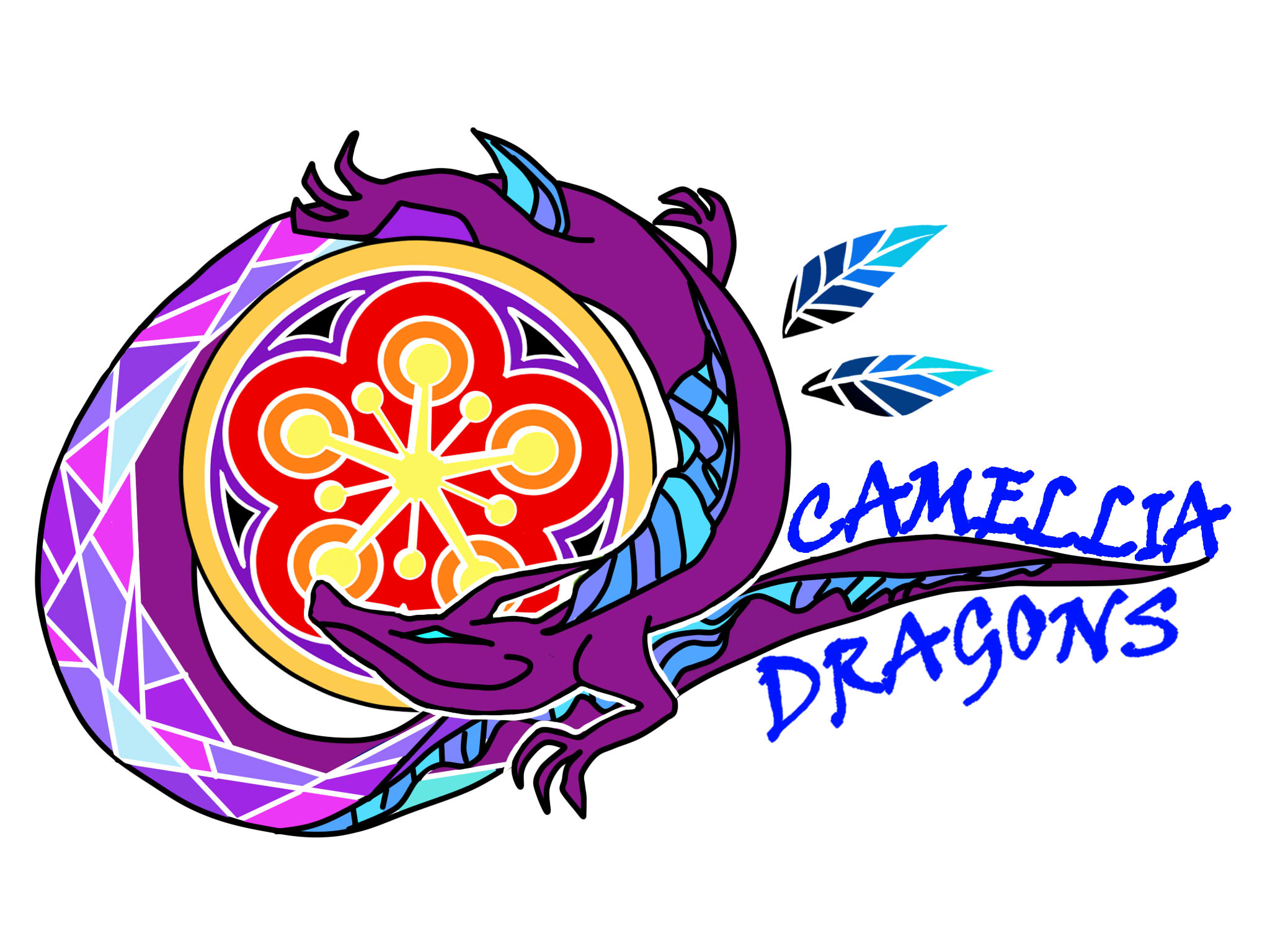 Camellia Dragons |
Team Contact: Institutes: |
| Team Profile: | Camellia Dragons was organized in October, 2013 at Aichi Prefectural University (APU), Japan. The team consists of five masters students, 13 undergraduate students, and two faculty members. Most of them are affiliated with Intelligent Machine Learning laboratory (IML lab) at APU. The team participated in the main competition for RoboCup Japan Open and won first place in 2014 and 2015, and won second place in 2016 and 2017. The team also challenged to RoboCup 2015 in Hefei, China and participated in the drop-in player competition and three technical challenges. In RoboCup 2016 in Leipzig, Germany, the team firstly participated in the main competition, which was the first Japanese team to join it. In RoboCup 2017 in Nagoya, Japan, the team won first place in challenge shield. |
| Research Topics: | Cooperative behavior, Real-time object recognition, Dynamic role assignment, Self-localization, Human-robot interaction. |
| Team Report: | 2017 Team Report |
|
|
|
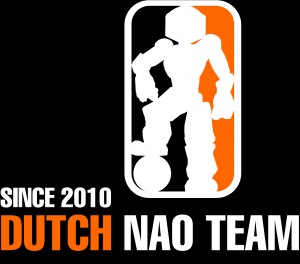 Dutch Nao Team |
Team Contact: Institutes: |
| Team Profile: | The Dutch Nao Team consists of bachelor students, master students and alumni, supported by a senior staff-member. The team debuted at the German Open 2010 and made its breakthrough by qualifying for RoboCup Istanbul in 2011. In 2017, the team started its own new framework where each module represents one algorithm handling a task in the football playing robot. |
| Research Topics: | Computer vision, behaviour control, probabilistic robotics, machine learning |
| Team Report: | 2018 Team Qualification |
|
|
|
 HULKs HULKs |
Team Contact: Institutes: |
| Team Profile: | HULKs is student association of graduate and undergraduate students established in 2013 working in their leisure time or in thesis works on RoboCup SPL topics. We developed an own NAO framework. Team members participated at RoboCup from 2014 to 2017, IranOpen 2017, GermanOpens in 2014, 2015 and 2017 and EuropeanOpen in 2016. For 2015, 2017 and 2018 we were prequalifed for the RoboCup. We organize the RoHOW for the last four years. |
| Research Topics: | Fast and reliable software frameworks, biped walking, machine learning, computer vision |
| Team Report: | 2017 Team Research Report |
|
|
|
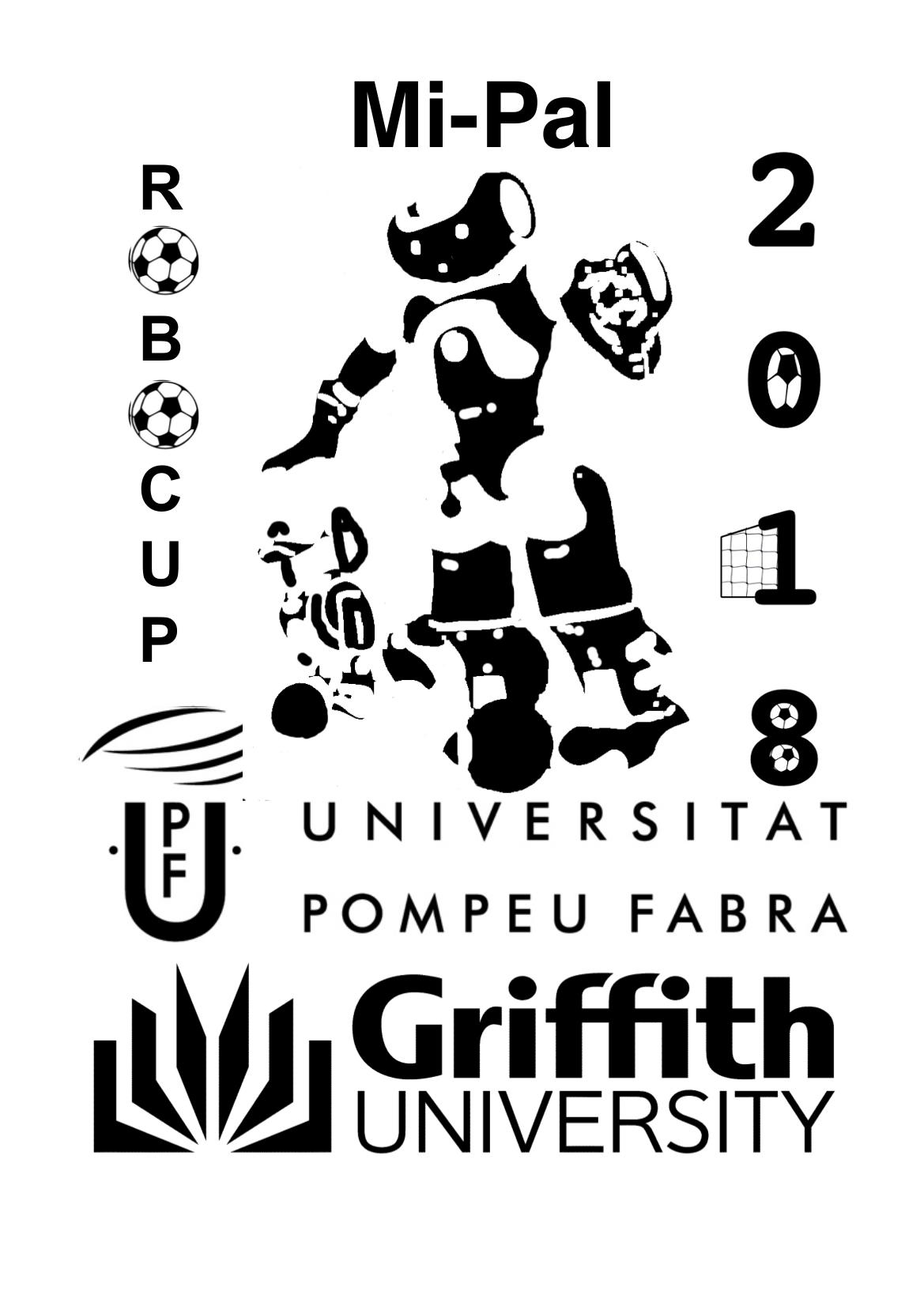 MiPal |
Team Contact: Institutes: |
| Team Profile: | Mi-Pal has a long involvement and participation in RoboCup. Prof. Estivill-Castro supervised the student team that was champion of the RoboCup Jr (Higher Education Mindstorms category) in Seattle in 2001, and was a team member of the NewBots (U. of Newcastle) that finished 3rd in 2001. As Mi- Pal, the team participated in the RoboCup SONY League in 4 consecutive years (2003-2006). We were recognised for our debugging tools on the SONY Aibo platforms as well as for our software architecture and vision systems. We also participated in RoboCup@Home twice (2006-2007). With the Nao platform, we have participated in the full competition and the technical challenges in Istanbul (2011), in Mexico City (2012), in Eindhoven (2013), while in 2014 in Joao Pessoa we participated in the technical challenges and drop in challenge. At those venues, the team performed competitively. |
| Research Topics: | Software architecture for Robotics, Behaviour Modelling, Task Planning, Machine Learning |
| Team Report: | Not available |
|
|
|
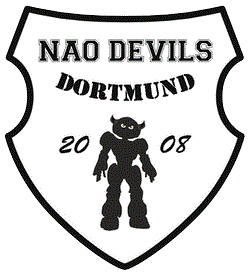 Nao Devils Dortmund |
Team Contact: Institutes: |
| Team Profile: | The team consists of researchers and students of TU Dortmund University. We participate in RoboCup competitions since 2002 with several different teams: Microsoft Hellhounds and as part of the German Team (4-Legged-League), DoHBots (Humanoid League), and BreDoBrothers (together with University Bremen) and now as Nao Devils Dortmund in the Standard Platform League. Recently we won the Outdoor Competition at RoboCup 2016 and placed 3rd in the Champions Cup at RoboCup 2017. We intend to participate at the German Open as well as the RoboCup and several local workshops in 2018. |
| Research Topics: | biped walking, computer vision, stochastic filtering, artificial intelligence, deep learning |
| Team Report: | 2017 Team Report |
|
|
|
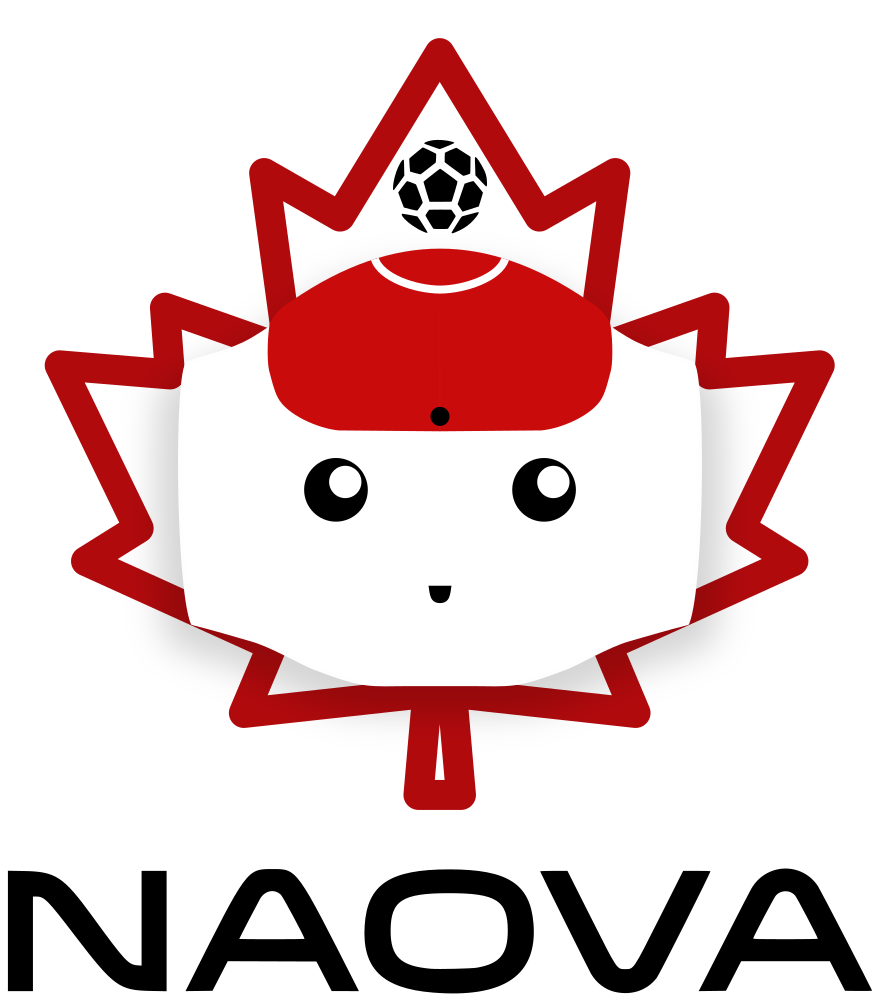 Naova ETS |
Team Contact: Institutes: |
| Team Profile: | Naova is a new team from École de Technologie Supérieure (ÉTS) in Montréal, Québec, Canada. we want to be a team that offers a dynamic opposition in the competition for our first year at RoboCup. Our team consists of a pool of diversified and talented engineering students from different backgrounds whom all share the same passion for robotics and its applications.The implementation of theses controls in physical robots still stays an open problem. We concentrate on the dilemma of walking robustness and effect rejection of external disturbance for NAO robot. |
| Research Topics: | Gate generation; deep learning; reinforcement learning; nonlinear control. |
| Team Report: | Not Available |
|
|
|
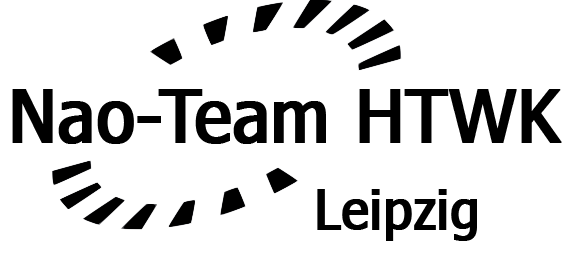 Nao-Team HTWK |
Team Contact: Institutes: |
| Team Profile: | The Nao-Team HTWK is a RoboCup team that consists of graduate and undergraduate students of Leipzig University of Applied Sciences and was founded in 2009. The team participated in RoboCup 2009-2011 as well as the RoboCup German Open 2009-2011. |
| Research Topics: | Evolutionary Algorithms, Biped Walking, Artificial Intelligence, Multi-Robot Coordination, Computer Vision, Localization |
| Team Report: | 2016 Code Release |
|
|
|
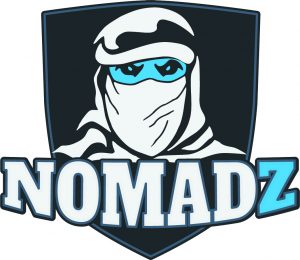
|
Team Contact: Institutes: |
| Team Profile: | The NomadZ from ETH Zurich, Switzerland, formerly known as Z-Knipsers, participated for the first time in the RoboCup 2016 Team Competition. The team consists of five to ten undergraduate students supervised by Ph.D. students. Our work is based on the B-Human code release 2013 and we have implemented modifications and additions in the area of perception, behavior and to a limited extent in motor control. For the RoboCup 2017, we have qualified for the team competition and are aiming to improve on last year’s results. |
| Research Topics: | Self-Localization, Object Detection and Avoidance, Motion Control, Passing and Robot Formation. |
| Team Report: | Not available |
|
|
|
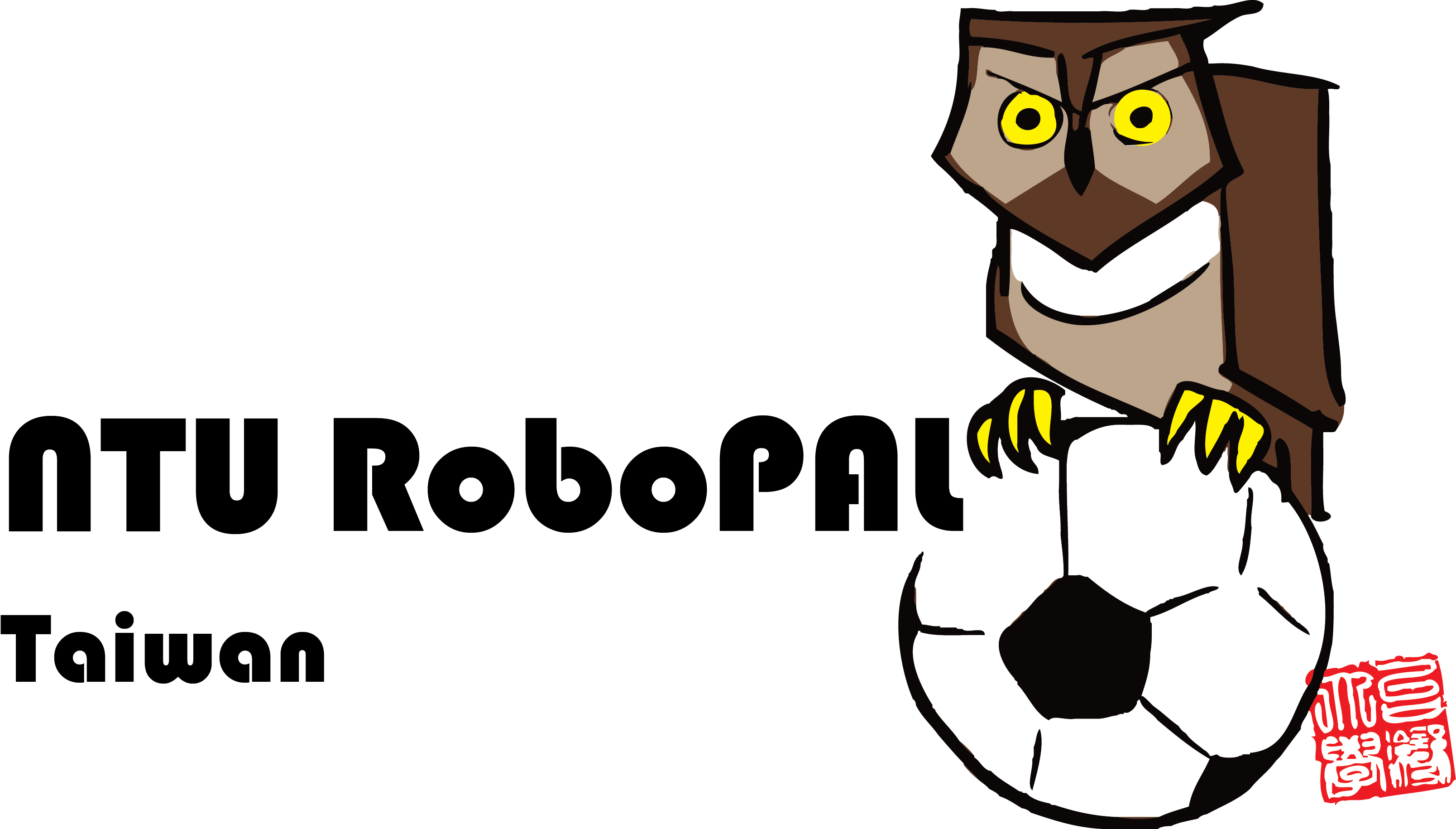 NTU RoboPAL |
Team Contact: Institutes: |
| Team Profile: | The team consists of graduate and undergraduate students highly interested in solving real-world multirobot research issues in terms of perception, behavior, and motion. Started from 2009, NTU RoboPAL participated in RoboCup SPL and made it to the quarter-final in 2009 and won the third place in 2011. |
| Research Topics: | Multi-robot localization and tracking, multi-robot cooperative perception, activity recognition, motion planning, multi-robot navigation, imitation learning |
| Team Report: | 2015 Team Report |
|
|
|
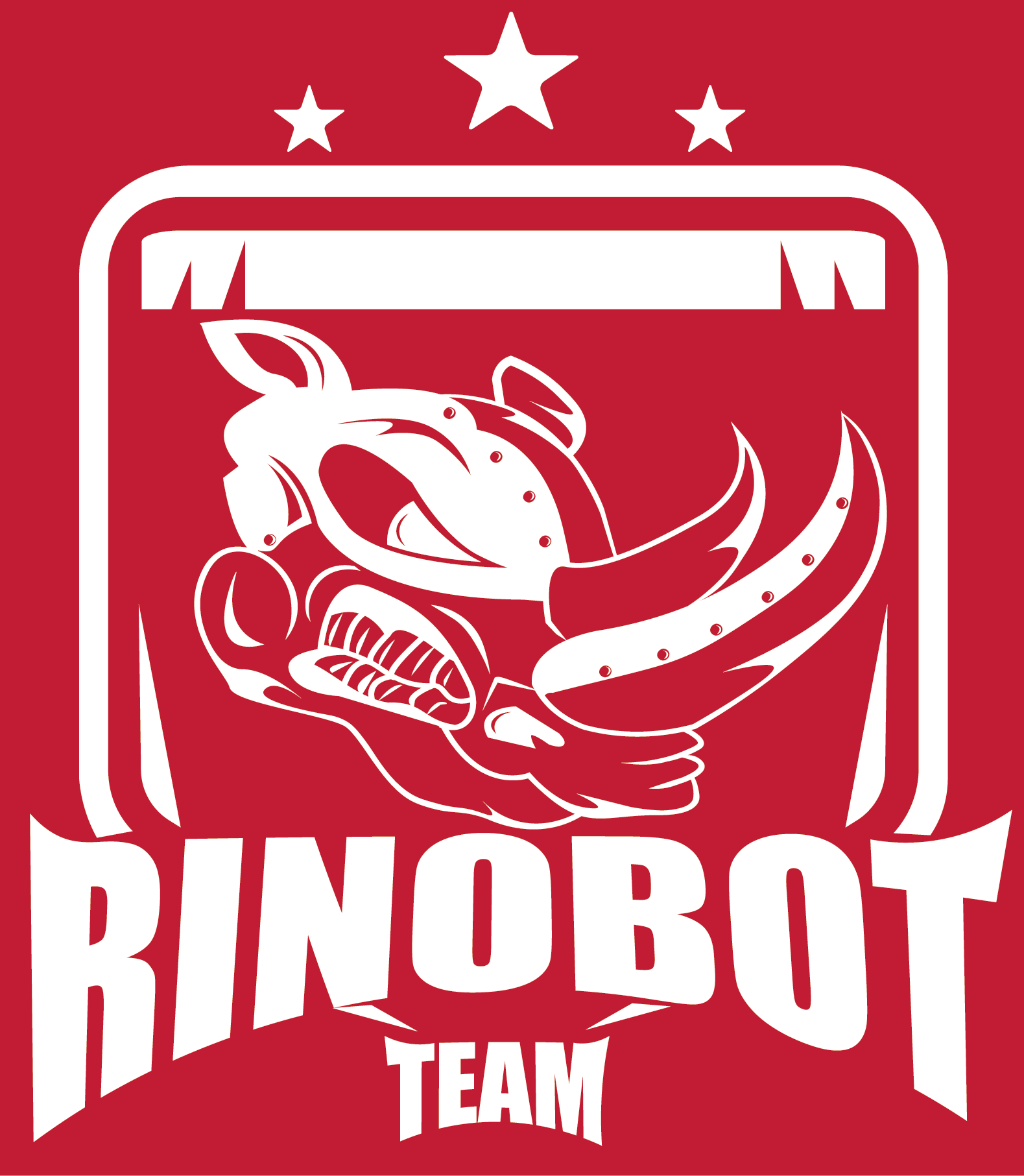 Rinobot |
Team Contact: Institutes: |
| Team Profile: | The Rinobot Team is based at the Federal University of Juiz de Fora. Our team was founded in 2016 and today includes more than 70 members from 20 graduation courses, among them Electrical Engineering, Mechanical Engineering, Computer Science, Mathematics, and others. We have 5 different categories, including the SPL. The SPL Category started their activities in June 2017 and achieved the first place at Latin America Robotics Competition 2017 (LARC2017). Our other categories won several prizes as well. |
| Research Topics: | Computer Vision, Localization, Motion Control, Audio Signal Processing, Human-robot Interaction, Machine Learning. |
| Team Report: | Not available |
|
|
|
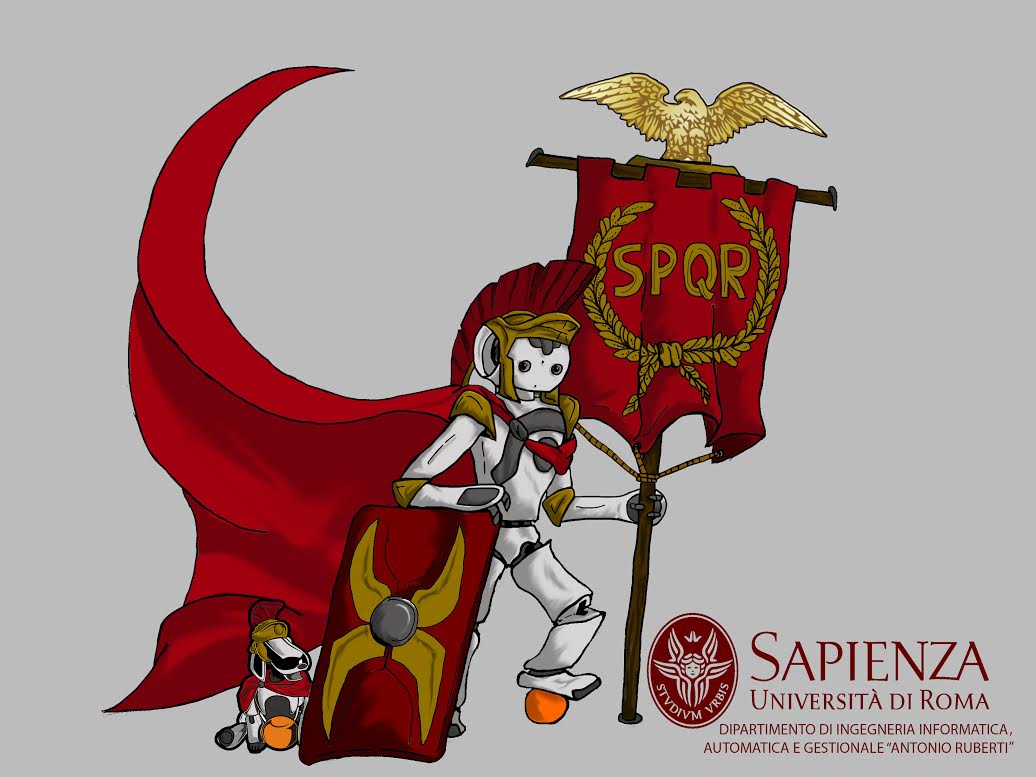 SPQR Team |
Team Contact: |
| Team Profile: | SPQR is the group of the Department of Computer, Control, and Management Engineering “Antonio Ruberti” at Sapienza University of Rome (Italy). SPQR Team has been involved in RoboCup competitions since 1998 in different leagues: Middle-size 1998-2002, Four-legged 2000-2007, Real rescue robots 2003-2006, @Home in 2006, Virtual-rescue since 2006 and Standard Platform League (SPL) since 2008. SPQR team members published a total of 18 papers in RoboCup Symposia (including best paper awards in 2006 and 2015), in addition to many other publications about RoboCup-related activities on International Journals and Conferences in Artificial Intelligence and Robotics (including IROS RoboCup Best Paper Award in 2016). |
| Research Topics: | Multi-robot coordination, multi-object tracking, behavior learning, perception (Ball) |
| Team Report: | Qualification Report 2016 |
|
|
|
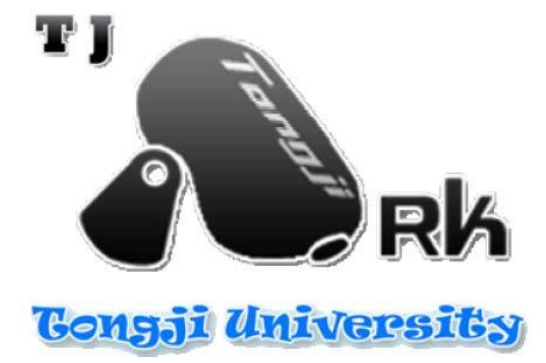 TJArk |
Team Contact: Institutes: |
| Team Profile: | TJArk was established in 2004 as a part of the Robots and Intelligent Systems Lab of Tongji University in China. The team consists graduates and undergraduates. All the members of this team are from Control Science and Control Engineering Department. The TJArk participated in the RoboCup SPL competition from 2006 through 2017. We entered the quarter finals in 2007, 2008, 2016 and the Champions Cup quarter finals in 2017. We are the SPL Champion in RoboCup China Open in latest 5 years. |
| Research Topics: | Pattern Recognition, Machine Learning, Motion Control of Biped Robot, Multi-agent Systems, Path Planning |
| Team Report: | 2017 Team Report |
|
|
|
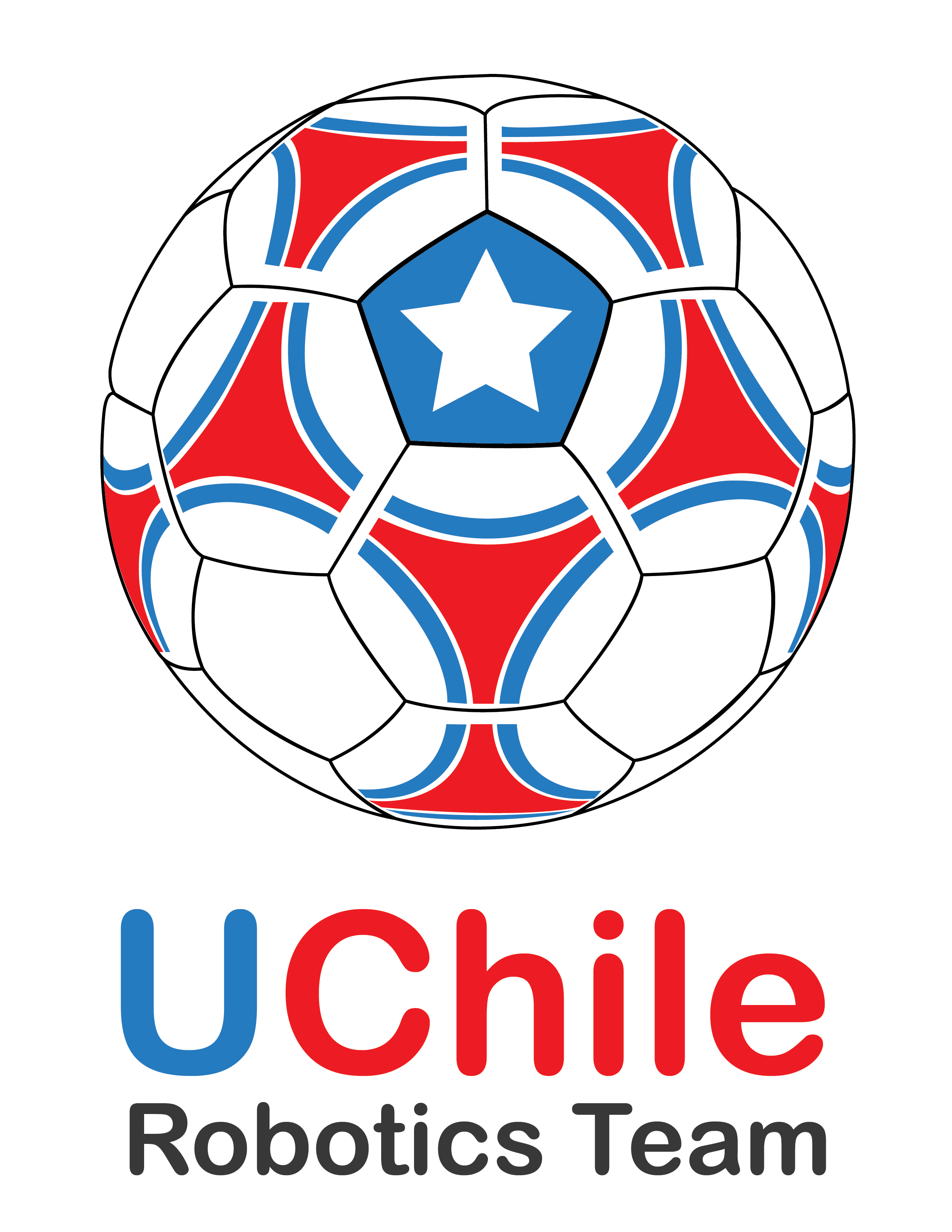 UChile Robotics Team |
Team Contact: Institutes: |
| Team Profile: | The UChile Robotics Team is an effort of the Department of Electrical Engineering of the Universidad de Chile and de Advance Mining Technology Center in order to foster research in mobile robotics. The team is involved in RoboCup competitions since 2003 in different leagues: Four-legged 2003-2007, Humanoid in 2007-2010, and Standard Platform League from 2008. |
| Research Topics: | Mobile robotics and computer vision: Perception, probabilistic estimation, fuzzy models, self localization, reinforcement learning, interactive learning and deep learning. |
| Team Report: | 2016 Code Release 2017 NAO Backpack |
|
|
|
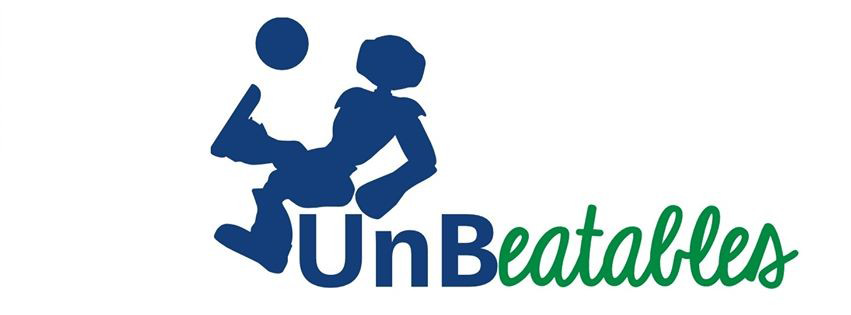 UnBeatables |
Team Contact: Institutes: |
| Team Profile: | Created in 2014 and affiliated with the University of Brasilia, UnBeatables is the only Brazilian team that has ever participated in the Standard Platform division of the Robocup. Composed of mostly graduation students we have achieved titles for the drop-in only category in both events we have participated: The 2014 Robocup in Joao Pessoa, Brazil and the 2014 LARC (Latin American Robotics Competition) in Sao Carlos, Brazil. This year we hope to expand our team and to do our best in the Robocup. |
| Research Topics: | Motion control, human-robot interaction, indoor mapping and localization |
| Team Report: | Team Description Paper |
|
|
|
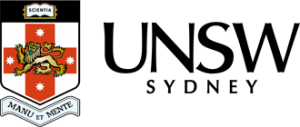 rUNSWift |
Team Contact: Institutes: |
| Team Profile: | rUNSWift is the UNSW Sydney team in the RoboCup SPL. The team is mostly made up of undergraduate students from the School of Computer Science and Engineering, with some postgraduate and alumni members. Undergraduate students are often enrolled in an Honours thesis or Special Project course as part of their studies. |
| Research Topics: | Autonomous Systems is a priority research topic in robotics at CSE, UNSW. Our general research focus, of which the RoboCup SPL is a part, is to:
|
| Team Report: | 2016 Code Release |
|
|
|
 UPennalizers |
Team Contact: Institutes: |
| Team Profile: | The University of Pennsylvania RoboCup team was one of the first participants in the original Sony Aibo league (renamed the Standard Platform 4-legged league in 2004), and participated in all the international competitions between 1999-2006. The team finished among at least the quarterfinalists in every one of those eight years. After a short hiatus in 2007-2008, we have reformulating the team with a new group of undergraduates and graduate students from various departments at the Engineering School at the University of Pennsylvania. |
| Research Topics: | Real time lighting invariant perception, robust and natural locomotion, dynamic coordination in multi-agent robotics soccer team |
| Team Report: | 2017 Team Report, 2016 Code Release |
|
|
|
 UT Austin Villa |
Team Contact: Institutes: |
| Team Profile: | Our team is from the University of Texas at Austin. We participated in the Aibo league starting in 2003 and started with the Naos in 2007. We also field a team in the RoboCup 3D simulation league. We won the 2009, 2010, 2012, and 2016 SPL US Opens. At the international RoboCup SPL competitions, we made the quarterfinals in 2009 and 2015, finished in 4th place in 2017, finished in 3rd place in 2010 and 2013, finished in 2nd place in 2016, and won the championship in 2012. |
| Research Topics: | Self localization, vision algorithms, multi-agent task allocation, obstacle avoidance, reinforcement learning, ad hoc teamwork |
| Team Report: | 2017 Code Release |
|
|
|
